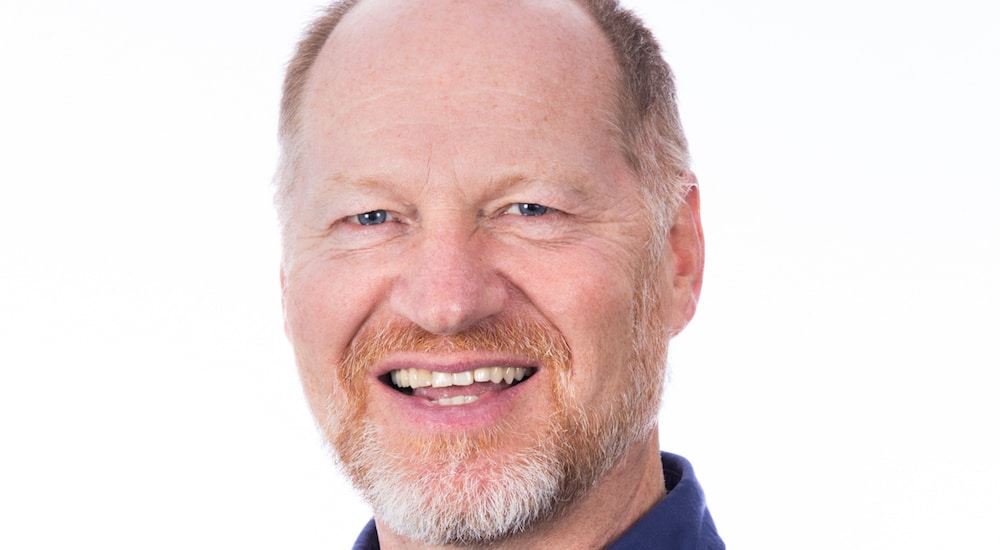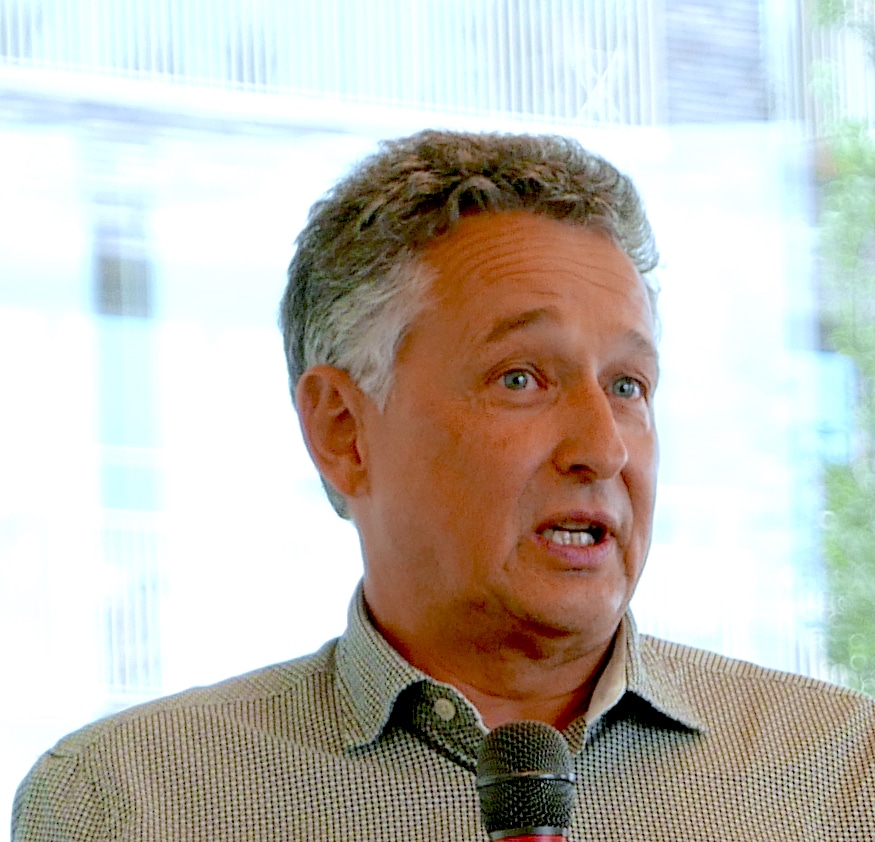France preparing universal pregnancy screening for virus that is the most common non-genetic cause of deafness in newborns
Cytomegalovirus (CMV) is a virus from the herpes family that causes 40% of congenitally acquired sensorineural hearing loss. Its impact on newborns might warrant a universal screening rule for pregnancies, but the UK does not routinely screen for CMV.

France, however, now seems very close to approving a systematic screening programme for pregnant women, following the financial path to a law being set up by Article 44 of its Social Security Financing Act (LFSS) for 2024. With this budgetary door opened, a definitive route forward now depends on an opinion from the French National Authority for Health, and a decree to dictate how the programme will be rolled out. The French High Council for Public Health (HCSP) has been consulted on the issue three times over 15 years (most recently in 2018), and had always come out against it, and so has the French College of Obstetricians and Gynecologists.
“It’s high time this measure was proposed,” said Prof. Yves Ville, head of the obstetrics, imaging and fetal medicine department at Hôpital Necker Enfants-Malades, Paris. Systematic screening for CMV is still not offered, “whereas we continue to screen for syphilis, toxoplasmosis, which has almost disappeared, and rubella, against which everyone is vaccinated”, deplores Prof. Ville.
Of the average 800,000 pregnant women in France each year, around one percent are infected with CMV for the first time, and seven out of 1,000 children are born with this congenital infection. Of these children, between 400 and 450 will have moderate sequelae (moderate or mild deafness or unilateral deafness, visual disorders), while between 40 and 50 will have severe sequelae (severe intellectual disability, motor impairment, severe or profound bilateral deafness, blindness).
Recently described (The Atlantic, June 2023) as the pregnancy risk that doctors won’t mention, CMV can be detected by taking a blood sample at the very beginning of pregnancy. It is not currently screened for in the UK. Reviews of the situation are ongoing, but the latest UK National Screening Committee review of this condition in March 2022 opted not to recommend the measure based on the following reasons (from GOV.UK):
– we are not sure if tests reliably show which babies with cCMV will suffer long-term health problems;
– it is likely that screening will find a larger number of babies with the infection who will not have problems from it than those who will;
– there is a lack of evidence that early treatment following screening leads to better outcomes than later treatment after symptoms;
– currently, it is not clear what is the best way of treating children who do not have symptoms.
In the UK, the charity organisation, CMV Action (cmvaction.org.uk) provides support and advice on the virus, as well as promoting its recommendations, which include universal screening: “Now, more than ever before, universal screening for cCMV would enable affected children to receive treatment much sooner. A study indicated that universal newborn screening would be cost effective for detecting and reducing hearing loss caused by cCMV in the USA.”
Though seen as hopeful, the French government’s financial preparation for CMV screening is not a guarantee that it will pass through parliamentary process. Professor Ville remains skeptical about the possibility.
“It will come out against it again,” he believes. “The problem is that the High Council is made up of qualified personalities, often epidemiologists, who are on the whole people who are not involved in the issue” because they have retired or are not professionally involved in gynecology and obstetrics.
Yet scientific knowledge has “evolved considerably over the last 30 years, and these personalities do not have the necessary skills to understand this new literature”. They therefore “remain confused, with their heads in the sand”, without wishing to change their point of view, maintains Prof. Ville.
Source: Audio Infos France


